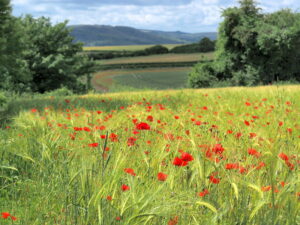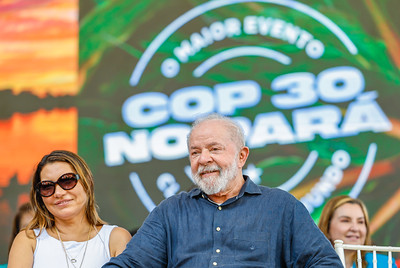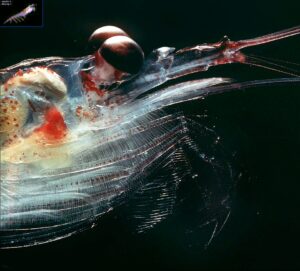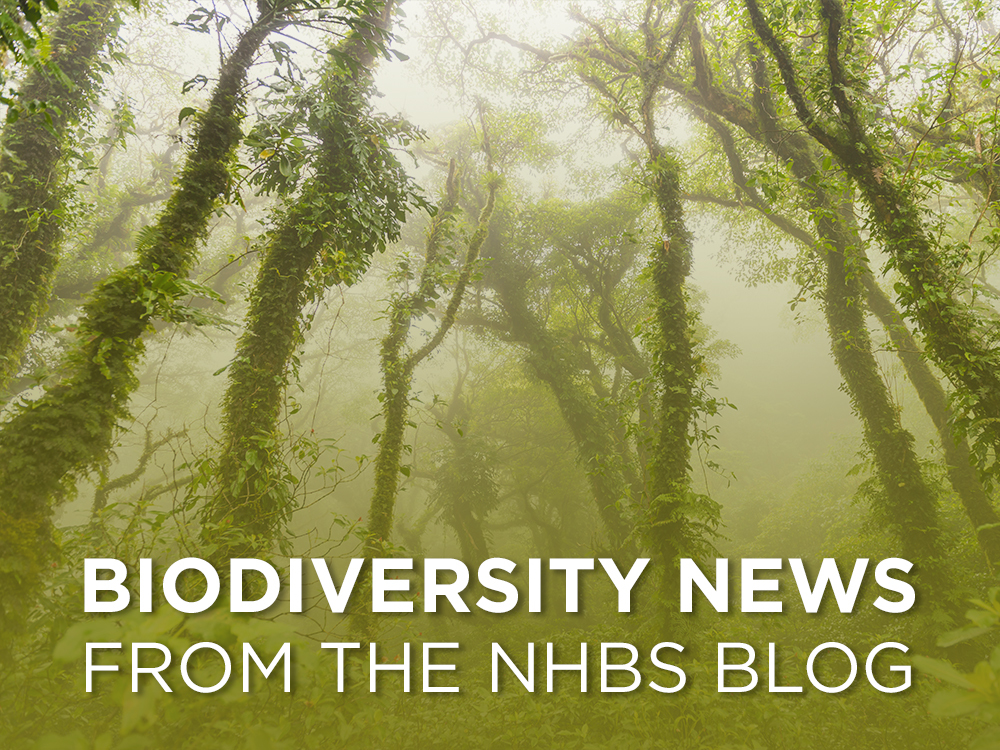Green space lost in Europe
The Green to Grey Project, a cross-border collaborative project of journalists and scientists, has revealed the scale of nature lost to urban development across Europe. Conducted using a combination of satellite imagery, on-the-ground reporting and artificial intelligence, the unprecedented study has revealed that undeveloped land is disappearing up to one and a half times faster across Europe than was previously estimated. Their findings show that the UK has seen 604 sq km of green areas lost to development between 2018 and 2023. It ranks fifth worst of all European countries for green space lost.

Fisheries (mis)management
Gross mismanagement of UK fish populations including Cod, Herring and Mackerel has continued despite promises from some politicians during the Brexit campaign that leaving the European Union would provide an opportunity to stabilise fish stocks. A new report from Oceana UK shows that of 105 stocks assessed, only 41% can be considered healthy (meaning they were not overfished to an extent that they could not repopulate) 27% are ‘critically low’ and 25% are being overexploited. Some species, such as North Sea Cod, have been classified as both critically low and still overexploited. Oceana UK has called for a governmental strategy that ends overfishing by the end of 2026.
COP 30 in Brazil
Cop 30, the UN’s climate change summit, will take place in Belém, Brazil. The region is home to the Amazon rainforest, a vital and biodiverse ecosystem which stores billions of tonnes of carbon and still faces catastrophic deforestation (which Brazil’s president Luiz Inácio Lula da Silva has vowed to stop). The 30th UN summit is touted to be the most significant since the Paris Agreement was negotiated in 2015 as countries are obliged to prepare, communicate and maintain their five yearly national climate plans, or Nationally Determined Contributions (NDCS). Taking place in an atmosphere of intense geopolitical turmoil and escalating ecological devastation, the summit will encounter its biggest challenge yet, as the very fabric of global efforts to mitigate climate change threatens to unravel.

A stalemate for marine conservation in Antarctica
The 44th Commission for the Conservation of Antarctic Marine Living Resources (CCAMLR), an international body composed of 26 countries and the European Union, has ended in a stalemate. At the heart of this year’s debate was a conflict between the long-proposed designation of an Antarctic Marine Protected Area (MPA), (supported by most members) and a Norwegian proposal to double the scale of industrial krill fishing in the region. Bjørn Krafft, a scientist at the Norwegian Institute of Marine Research and scientific representative for the Norwegian delegation to CCAMLR argued that their ‘proposal is science-driven and developed within Norway’s broader commitment to sustainable fisheries management’. The proposal was opposed by a coalition of nations led by Chile, Argentina, The European Union and New Zealand, who argued that Norwegian research failed to sufficiently consider the impact that even current levels of krill fishing have on predators including seals, whales and penguins. No new designations were adopted.


